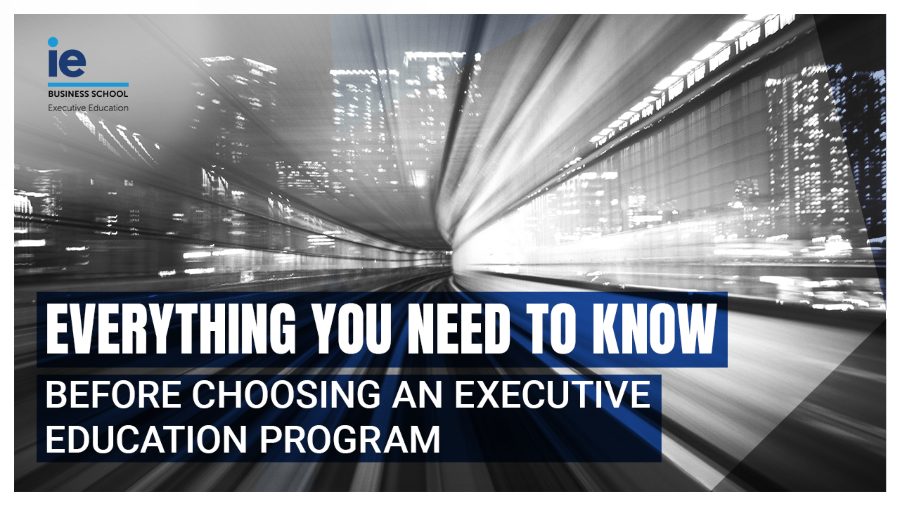Pain points at scaling: lessons from Uber

Just a couple of years ago, months of turmoil at Uber culminated in investors taking a bold step: requesting that Co-Founder and CEO at the time Travis Kalanick resign. It was an abrupt end to his reign:
Kalanick co-founded Uber in 2009 and built it into the world’s most valuable startup by steamrollering competitors and ignoring regulations. The company has tangled with local and national governments, labor unions and even its own drivers.
How did Uber lead to Kalanick getting kicked to the curb?
The first six months of 2017 left Uber mired in scandal, and it all started with Kalanick agreeing to be one of US President Donald Trump’s business advisors. The decision was hugely unpopular, to put it mildly, and Kalanick left the council weeks later.
In February, a former employee named Susan Fowler published a blog post where she accused Uber “of rampant sexism.” In response, the hashtag #DeleteUber gained traction on social media while the company brought in former US Attorney General Eric Holder to investigate the allegations Fowler revealed in her post. At the same time, a video of Kalanick berating an Uber driver surfaced, leading Kalanick to confess that “he needed to ‘grow up.'”
The PR crises did not let up over the next few months; Uber found itself under investigation for supposedly using a tool to help its drivers avoid regulations in specific markets and got sued for allegedly stealing intellectual property from Waymo.
And, all the while, Uber’s top management fled. These included former president Jeff Jones (his departure was due to concerns about Uber’s corporate culture) and Rachel Whetstone, who was the head of policy and communications. And, at the beginning of June, Kalanick’s right-hand man, Emil Michael departed after two key revelations. One that he and Kalanick (among others) visited an escort bar on a visit to South Korea in 2014, as well as being one of the Uber executives that viewed the medical records of a woman raped in an Uber in New Delhi.
Kalanick announced an indefinite leave of absence at the beginning of June following the death of his mother. At the start of this leave, the most significant bomb of them all dropped in the form of the grim results of Holder’s report: the 13-page document contained 47 recommendations that confirmed many of the concerns raised about the culture inside Uber. Among the main findings were that Uber’s HR “…department is indeed disorganized, underutilized and lacks support from senior management.” Not only that, its core values appeared to “…justify poor behavior…” along with a pervasive juvenile “frat” culture, office hookups, rampant inequality (the report recommend they update harassment and discrimination policies), and that the executives wielded an infinite amount of power.
Shocked that Uber was stumbling? Not everybody was
Chris Zook and James Allen, the authors of The Founder’s Mentality, noted in the Harvard Business Review that they were not surprised at all by what was happening at Uber. That’s because their research has given them the insight to think so, despite the saying that most people don’t know what is going on in a company if they are not inside it. There is an overarching pattern that could explain for these pain points: according to their research, “rapidly growing companies — especially unicorns like Uber — face a high risk of stumbling.”
Zook and Allen tracked the 28 early-stage unicorns(let’s remember that a unicorn is a company with a valuation of at least $1 billion) starting in 2011 for their book, and nearly two-thirds of those firms either died or stumbled throughout the time of their research. Their conclusion? It’s that “[u]nicorns and near-unicorns actually are much more prone to self-induced internal breakdowns than they are vulnerable to adverse events in the marketplace.” If you couple that with their finding that 85% of the impediments to growth that executives in rapidly-growing companies come from internal factors, this road bump at Uber is characteristic of a unicorn.
Travis Kalanick: The unscalable founder?
One of Zook and Allen’s most interesting insights is their idea of the unscalable founder. While many founders can end up becoming a strategic asset for a venture, that’s not always the case. How can that happen? Zook and Allen note that “[i]ndividual founders can become a barrier to growth if they are unable to let go of the details and micromanage, or fail to build a cohesive team around them, or allow hubris to get in their way.” The caveat of the founder, they explain, is that the founder often finds a repeatable model that lands that person recognition from getting rid of all distractions and has a laser-sharp focus on the missions coming from their idea’s Unique Value Proposition.
From their perspective, finding a founder capable of successfully launching a company and having the same luck for sustainable growth is a very remote possibility. In their words, if that person exists, it’s “like lightning striking twice — the miracle of creation and the miracle of sustainable growth in the same person. That is rare.”
Why? For sustainable growth, a company needs to adapt its business model to keep up with changes that are happening in the market:
The same founder who was rewarded for ignoring distractions previously is often the last person to adapt. The skills that help founders get their company to take off also are the opposite of those needed to sustain new growth. Founders focus on speed, ignore good process, and relish breaking the rules of the industry they are trying to disrupt. They cut corners, ignore detractors, and avoid naysayers. Their Herculean efforts are responsible for the firm’s creation, but also its chaos. Once the company reaches cruising altitude, its leaders need to listen more to competing voices and invest more time in emerging stakeholders.
What about other internal issues?
In our breakdown of the series of events leading to Kalanick’s resignation, several instances correlate with findings from Zook and Allen’s research, and what future implications there are for Uber. They found that “[s]ome 55% of executives cite the problem of revenue growing faster than talent: The company grows so quickly that it has trouble attracting the quality and amount of talent that it needs.” The series of scandals did not do Uber any favors regarding finding and retaining the right talent it needs to grow its business model sustainably. Uber was experiencing historically high attrition rates when the CEO stepped in in August as the exit of top executives before Kalanick’s resignation manifested.
Their study also found that with more complexity, there is less accountability during expansion resulting in a blurring of the rules, which in the direst of cases, could lead to a toxic culture. Based on what transpired at Uber, the corporate culture and the inaction in their Human Resources department resulted in a toxic corporate culture that will require a dramatic transformation.
Joe Haslam’s take on Uber
At the most recent South Summit, Professor Joe Haslam touched on the case of Uber because it shows what can go wrong when scaling up. In fact, he said “Uber did not scale in the sustainable sense. In the academic community, there has been considerable criticism.” While people used to laugh at Haslam for criticizing Uber, things now have changed. He also pointed out that while the best places for a business to be successful in non-core markets, the pattern for Uber has been the more corrupt a country is, the more successful Uber is. Haslam also cited leadership issues and that one cannot run a company based on jerks.
What should they do now?
Uber, according to Haslam, will have to “create a suite of whole group experiences.” Regarding their other offerings, Joe said that UberEats is a very good business. Now, with their new CEO, Dara Khosrowshahi, they are in good hands because “[he] understands non-core markets and he also understands the travel business and how he puts things together.”
The final verdict? “Uber will be like Napster: create the industry and not make any money.”
What’s next for Uber?
In his first interview after becoming the new CEO of Uber, Dara Khosrowshahi gave his diagnostic of the company he took over after Kalanick’s ouster: “The culture went wrong, the governance went wrong, the board went in a very bad direction…I think winning gives some excuses for bad behavior.” He has been traveling around the world on an “apology tour” for the tactics Uber previously employed with regulators as it expanded into new markets; this is especially pertinent as Uber risks getting banned in London, one of its largest markets. His first objective is to move away from Kalanick but only time will tell if Joe Haslam’s prediction will come true or if Khosrowshahi will take his advice.
Don’t want to end up like Uber?
If you’re looking to avoid the pitfalls Uber found when scaling, the Leadership and Strategy in the Age of Disruption HiOP can help you do just that. Check out our homepage and click here to download your copy of our prospectus. And, if you’re ready to join our next edition, get a head-start on your application.



